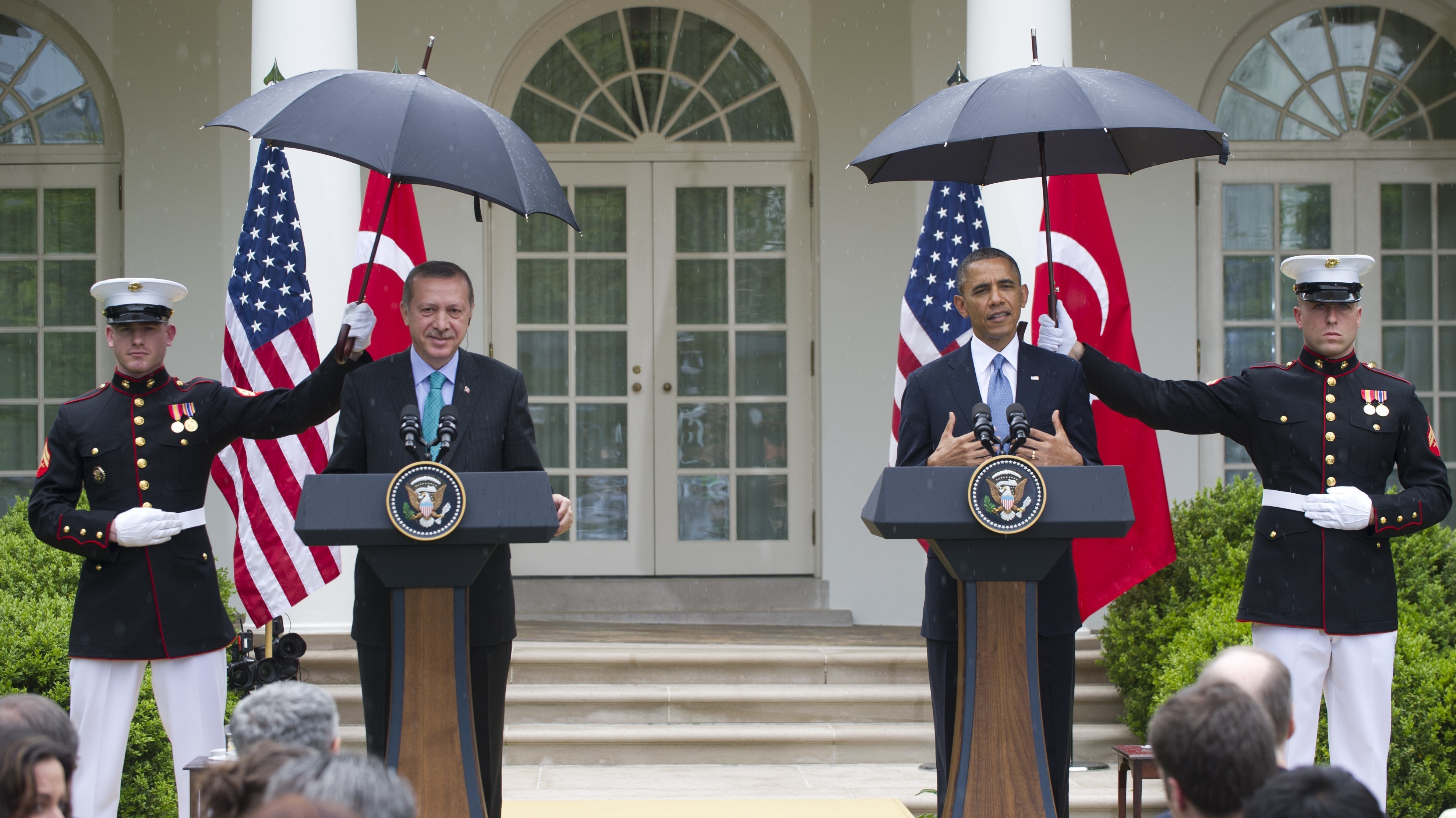Following a public beheading on a quiet London
street, the ‘’terrorism’’ debate has once again assumed center stage.
As I see it, this discussion is taking place
under two different orbits.
The first concerns the role or non-role of Islam
in motivating this and other terrorist attacks.
Today, some argue that in the context of
terrorism, the very mention of Islam is unacceptable. These commentators claim
that in order to confront terrorism, we must disconnect religion from our consideration of the terrorist identity. They assert that
to do otherwise is to commit the cardinal sin of analysis – allowing emotion
and simplicity to drive observations against pure logic. But these postulates
are wrong. Their obfuscation isn't an act of intellectual boldness, it's
political correctness cloaked under a banner of false original thinking.
Do we really believe that Hizballah is a secular
actor? Or that the jurisprudence of Sayyid Qutb
played no role in shaping the political identity of the Muslim Brotherhood (you
know, the group that now rules Egypt)? Or that Catholicism wasn’t important to
the IRA? Or that the KKK burnt crosses just because they liked that shape? Give
me a break. Yes, from most perspectives, extremists abuse the ideological
tenets of the faiths to which they claim allegiance. However, by restricting
our conceptions of the political faces of religious faith, we impose an
intrinsic limitation upon our broader understandings of terrorism. This is the
philosophical process of the dark ages.
Facing the rise of both populist and political anti-Islamic groups, it’s easy to understand why
Muslims fear the real hand of prejudice. Yet the counter to this abuse
doesn’t reside with sensitized debate. Instead, in order to address prejudice,
we must re-frame the debate towards the greater truths. The truth, for example,
that the real representatives of Islam are not those who murder with gleeful indistinction, but rather those who live for tolerance
and die for freedom.
Next, there’s the question of terrorism as
a term.
Here, writers like Glenn Greenwald are arguing that terrorism is an
explicitly subjective and therefore implicitly worthless word. But again, for
me at least, this is an intellectually weak argument. There’s a clear
distinction between those who behead an unarmed man and those who wage war to
attack oppressive enemies. Ignored by Greenwald and Moore
is the truth of Afghanistan and Iraq. That from the early years of the US and
British engagement in those countries, American and British military personnel
were fighting and dying to support foundations of democratic governance. Yes,
this democracy was (and is) far from perfect. Yes, civilians were killed. Yes,
on a few occasions horrific war crimes did occur. But many civilians were
undoubtedly saved. In the absence of American and British soldiers,
Iraq would be a sectarian
slaughterhouse (Iraq’s present difficulties providing terrible evidence to
that effect) and Afghanistan would remain a citadel of gross
inhumanity. Describing US and British foreign policy as the cause or the
companion to terrorism is the ultimate endorsement of a blinding hypocrisy. It
implies that we were responsible for al-Zarqawi’s bomb factories, torture chambers
and beheadings. It's the equivalent of blaming bodyguards for assassins. It is,
in short, morally repugnant and intellectually absurd.
It’s true, our discourse on terrorism and
religion is often overly simplistic. But we won’t resolve this challenge with
qualified speech or false moral equivalency. Such a course will excuse the
extremist whilst disrupting our grasp of critical and complex issues.
For links to some of my other terrorism focused analysis, please click here.
For links to some of my other terrorism focused analysis, please click here.



